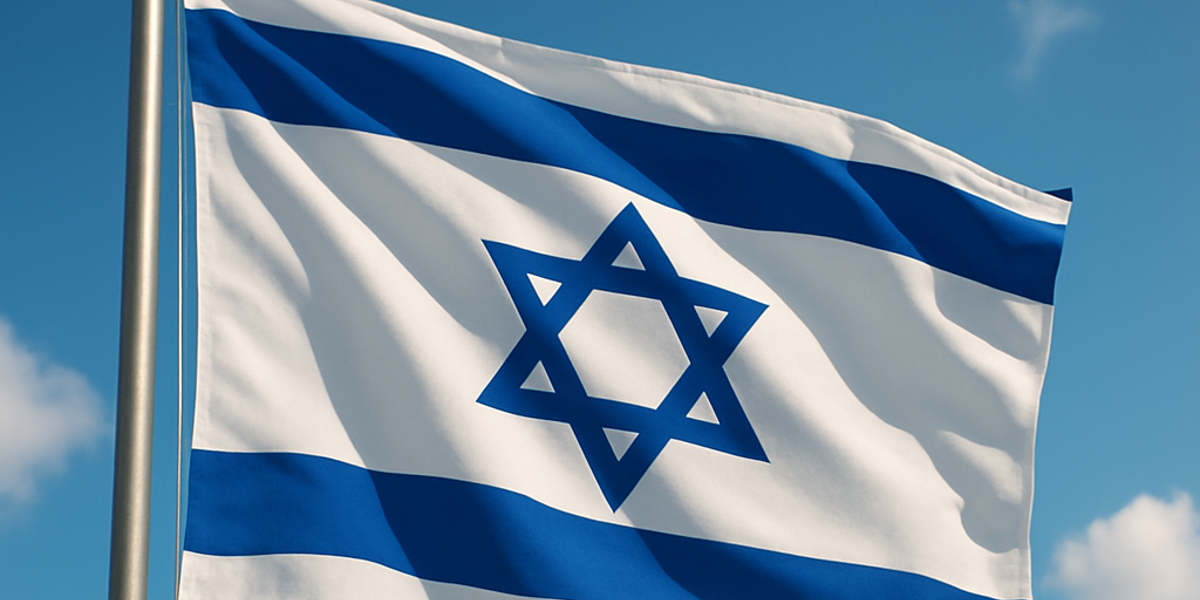Renewed violence in southern Gaza
The fragile ceasefire between Israel and Hamas is under severe strain after Israeli forces launched air strikes in the southern Gaza city of Rafah, accusing Palestinian militants of attacking their troops.
An Israeli military spokesperson said Hamas fighters carried out “multiple attacks” using sniper fire and rocket-propelled grenades near the so-called yellow line – the buffer area established after Israel’s withdrawal as part of the week-old truce.
Hamas denied breaching the agreement, insisting it remains committed to the ceasefire. The group accused Prime Minister Benjamin Netanyahu’s government of “manufacturing pretexts” to justify military action and appease hardliners in his coalition.
Far-right pressure on Netanyahu
The latest escalation follows days of political turmoil inside Israel, where far-right members of Netanyahu’s coalition have demanded a return to full-scale war. National security minister Itamar Ben-Gvir urged the army to resume its offensive “at full force” to “completely destroy” Hamas. Finance minister Bezalel Smotrich echoed the call with a one-word post on X: “War!”
Analysts say the renewed violence marks the most serious challenge yet to the ceasefire brokered by US President Donald Trump – part of a wider peace plan intended to end the two-year conflict, the deadliest in Israel-Palestine’s history.
Civilian casualties mount
According to Palestinian officials, more than two dozen Gazans have been killed since the ceasefire began. First responders said nine civilians – including three women and four children – died when Israeli forces fired on a car in Gaza City on Saturday.
Israel, meanwhile, accused Hamas of firing on its troops and delaying the return of the bodies of Israeli hostages. Twelve of the 28 remaining bodies have been handed over so far, including Israeli national Ronen Engel and Thai worker Sonthaya Oakkharasri.
US warns of renewed instability
Washington has expressed concern that the ceasefire could collapse entirely. The Trump administration said it had “credible intelligence” that Hamas was preparing attacks on Palestinian civilians, warning such actions would be a “grave violation” of the truce.
Hamas dismissed the allegations as “Israeli propaganda,” insisting it was fulfilling its obligations under the agreement.
As air strikes continue in Rafah and political pressure mounts in Jerusalem, hopes for maintaining the ceasefire – and for the broader peace plan it underpins – appear increasingly uncertain.







